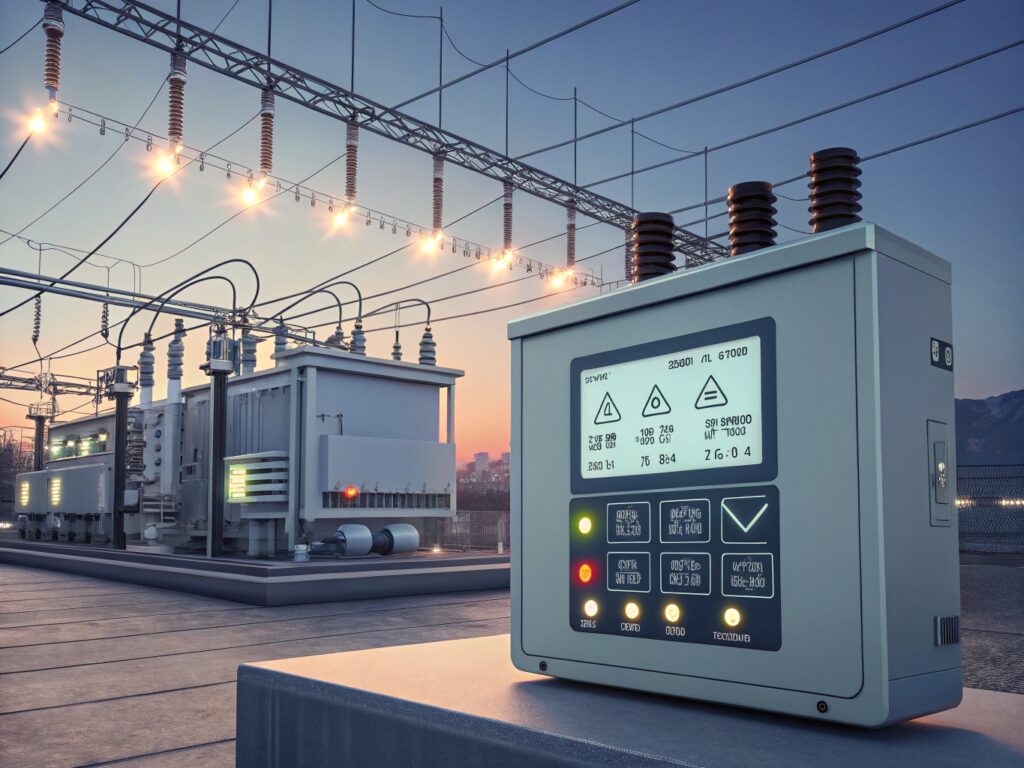
When fuel costs rise, businesses seek solutions to cut expenses without sacrificing performance. Generator controllers can be the key to achieving significant savings.
Generator controllers optimize fuel use by adjusting engine operations and reducing wastage. They help businesses save money while enhancing generator performance.
Understanding how this technology works can transform the way you approach power management. Let’s explore its benefits in more detail.
[Table of contents]
What are generator controllers, and how do they work?
A generator controller is the brain of a generator. It manages and monitors its operation to ensure efficiency.
Generator controllers manage fuel consumption by controlling engine parameters and optimizing load balance.

Dive deeper into generator controllers
Generator controllers use advanced algorithms to adjust engine performance based on demand. They monitor factors like load, temperature, and engine speed, ensuring optimal fuel consumption.
Here’s a quick overview of their functions:
| Feature | Function | Benefit |
|---|---|---|
| Load balancing | Distributes power evenly | Reduces fuel waste |
| Auto start/stop functions | Activates only when needed | Minimizes idle time |
| Real-time monitoring | Tracks performance metrics | Prevents inefficiencies |
| Fault detection | Identifies issues early | Reduces downtime |
With these capabilities, generator controllers adapt to varying power needs and environmental conditions, ensuring maximum efficiency.
How do generator controllers reduce operational costs?
Efficient fuel use translates directly into cost savings for businesses.
By optimizing fuel consumption, generator controllers lower operating expenses and reduce wear on equipment.
Dive deeper into cost-saving advantages
When a generator runs more efficiently, it consumes less fuel. This lowers immediate expenses and extends the lifespan of engine components. Here's how:
- Reduced maintenance costs: Fewer engine malfunctions mean lower repair bills.
- Improved fuel efficiency: Advanced controllers save up to 20% on fuel costs in some cases.
- Prolonged equipment life: Controlled usage prevents overworking the generator.
Real-world examples
- Construction projects: A site using multiple generators can save thousands of dollars annually by reducing idle times through load management.
- Data centers: Precise control prevents unnecessary power output, which significantly lowers costs during off-peak hours.
Can generator controllers help meet sustainability goals?
Yes, they not only save money but also reduce environmental impact.
Generator controllers cut carbon emissions by minimizing fuel consumption and maximizing energy efficiency.
Dive deeper into sustainability
By reducing fuel use, businesses contribute to lower greenhouse gas emissions. This aligns with global sustainability goals and improves corporate responsibility profiles. Additionally, smart controllers can integrate with renewable energy systems, further enhancing eco-friendliness.
Conclusion
Generator controllers are essential for improving fuel efficiency and reducing costs. They save money, enhance performance, and support sustainability goals.





